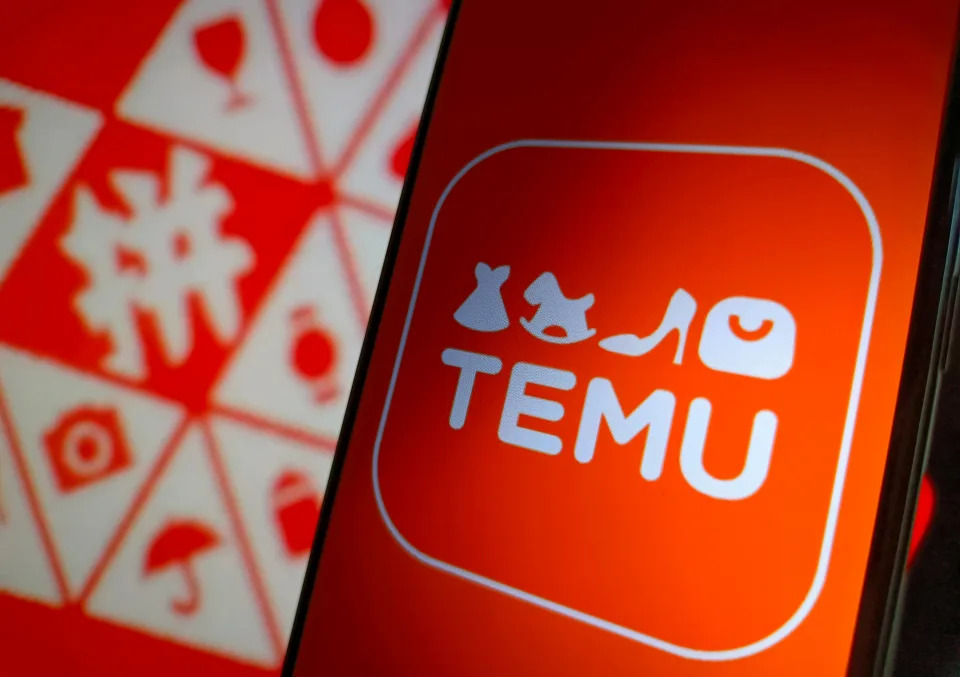
Temu parent PDD Holdings' stock plunged after the Chinese e-commerce giant signaled a bleak outlook.
PDD stock fell nearly 29% on Monday, the most on record, after the company reported second-quarter earnings.
The company reported about $4.4 billion in profits in the quarter, a 144% increase compared to last year. But co-CEO Chen Lei said investors should expect a decline in profits moving forward.
"We are seeing many new challenges ahead, from changing consumer demand , intensifying competition, and uncertainties in global environment," Chen said on an earnings call on Monday.
PDD competes with ByteDance's TikTok shop, Alibaba, and Shein, all of which target fast-fashion shoppers . Temu also sells low-cost products ranging from home goods to motorcycle accessories.
Chen added that consumers are increasingly ditching material purchases for experience-based ones and that they want quality and value purchases.
Carrots for good merchants
Chen said that the company would "tackle low-quality" merchants by offering transaction fee reductions for higher-quality vendors.
Chen repeatedly said that this is the right path for the company, even if it affects profits in the short term.
"On one side, we must ensure strict oversight of product quality to prevent substandard goods and protect consumer rights. On the other side, we must ensure fairness so that dedicated high quality merchants can earn meaningful rewards," the co-CEO said.
Chen's remarks come amid a series of protests from Temu suppliers.
Hundreds of suppliers thronged Temu's Guangzhou, China, office in rallies this month, protesting fines and refund policies they said were destroying small merchants' profits. Temu, which surged in popularity in the US because of its cheap clothing and home decor items, fines merchants if they receive refund requests or customer complaints.
"We sense PDD highlighting its intention to invest in 'good merchants' is aimed to appease some of its unhappy sellers complaining about ill-treatment by the platform," Jialong Shi, an analyst at Nomura, wrote in a note on Tuesday.
The analyst maintained a Buy rating on the company and noted that the 29% decline may have been an overreaction.
Read the original article on Business Insider





